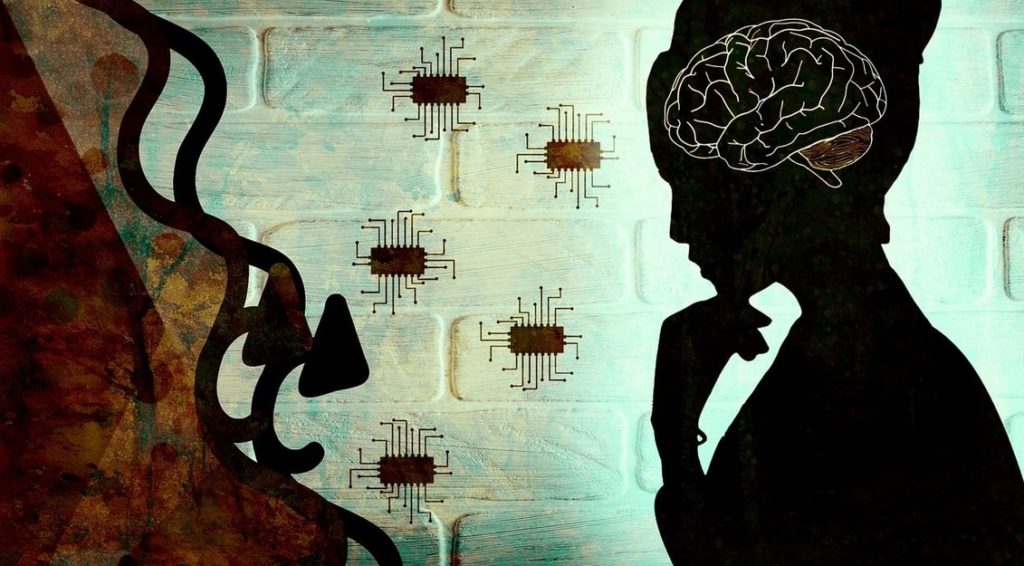by BN Frank, Activist Post:

Over the years, there have been many expert warnings about risks associated with having microchips implanted in humans. In fact, Elon Musk’s Neuralink implants – which are being made for humans – have already harmed and killed many animals during testing. Nevertheless, some very powerful groups – including the World Economic Forum (WEF) – very much support implanting microchips in people (see 1, 2). If this concerns you, it may be a good idea to stay informed about what’s happening where you live.
TRUTH LIVES on at https://sgtreport.tv/
From Gov Tech:
From Progress to Bans: How Close Are Human Microchip Implants?
A lot has happened in the past 12 months regarding human microchip implants. Here’s your roundup of recent developments.
A headline from The Hill in January 2023 proclaimed “Human microchip implants take center stage.”
Here’s how that article begins:
The novelty of replacing one’s ‘home key’ with a microchip implant is gaining worldwide interest, but there’s another more compelling story under the surface. Why is this technology — an integrated circuit the size of a grain of rice — reviled by some and celebrated by self-proclaimed human cyborgs?
Arguably, William Shakespeare’s Hamlet offers the most elegant explanation: ‘Nothing is neither good nor bad, but thinking makes it so.’ However, it would be prudent to tell Prince Hamlet that not all microchip implants are designed alike, and understanding the technological design enables one to better evaluate the competing viewpoints. Today, more than 50,000 people have elected to have a subdermal chip surgically inserted between the thumb and index finger, serve as their new swipe key, or credit card. In Germany, for example, more than 2,000 Germans have opted to receive these implants; one man even used it to store a link to his last will and testament. As chip storage capacity increases, perhaps users could even link to the complete works of Shakespeare.
The article goes on to provide an update of many advances and concerns in the practice of inserting microchips into humans, and this blog is referenced several times.
Indeed, I have written about microchip implants from a cybersecurity and privacy perspective three times before, and it is clear to me that inquiring minds still want to know: What is the future of microchip implants?
Why do I say that with confidence? Because blogs on this topic of microchip implants still receive very high page views and lots of interest from global readers. For your reference, here are those three blogs:



